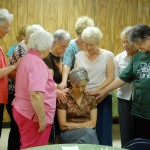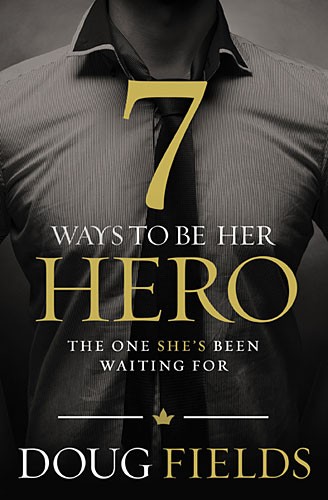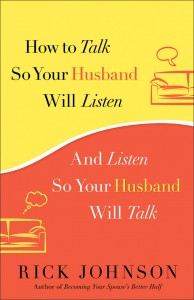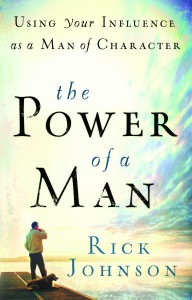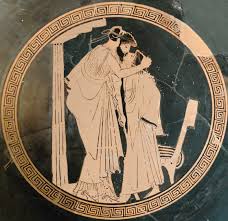The wounds that we receive to our heart and soul can either cripple us or motivate us to accomplish great things in life. Undoubtedly they are one of the biggest obstacles to having a healthy relationship. Our wounds determine the way we respond to things that are said to us and how we treat others in our life. Wounds that are not dealt with sit and fester within us until they eventually spew their venom unto those we love and care about. Wounds that are healed can become a source of great inspiration and wisdom. We all have wounds in our heart. When two separate people try to meld together to become one in marriage, those wounds are a major stumbling block to having an intimate, loving relationship. When we are so focused on our own emotional pain, we can’t even identify the real issues in our marriage. The truth is your spouse is not responsible for your pain (unless they are causing it), but you are responsible for how you respond to that pain.
I was recently listening to a talk by a neuro-psychologist who said that all wounds can be narrowed down to 3 categories: shame (which feels hot in the body), abandonment (feels cold), and betrayal (hot/anger). Shame, he said, is healed by experiencing honoring. Abandonment is healed by experiencing commitment. And betrayal is healed by experiencing loyalty. If that’s true, by understanding the wounds that our spouse has it can tell us how to help them heal those wounds or to more effectively deal with them.
My wife was abandoned by both her father (who she only met twice) and by her mother who quit parenting her at 10 years old (she subsequently left home at age 13). Hence she had great abandonment issues when we got married. She didn’t trust that I wouldn’t abandon her and jealously guarded her heart. Being abandoned again was her greatest fear. She even had a tendency to try and push me to the point where I would leave (probably an unconscious attempt to test my level of commitment). It has taken the better part of three decades of modeling commitment on my part for her to finally start trusting that I will not abandon her. My level of commitment has at best healed and at worst scarred over the jagged wound of abandonment in her heart.
Not all wounds are that ingrained and require that much effort to address. But it’s understandable to see how a person who feels ashamed about themselves would heal from that wound by being honored by the one who loves them. So men, if your wife is ashamed of her body and how she looks, you telling her (and showing her) how beautiful she is can go a long way to making her feel better about herself. Ladies, if your husband is ashamed by his past failures, your belief in him is honoring and can heal those wounds as well.
Likewise, someone who has been betrayed can only be made to feel better about themselves by experiencing loyalty. When we know the person we loves cares for us enough to defend us behind our back or even to the important people in their life (such as their parents) then the sting of betrayal begins to fade.
All people come into a marriage with baggage caused by a variety of sources–childhood wounds, parental modeling, and social conditioning are just a few. Some people have been raised relatively healthy and have only a small amount of baggage, and some of us have so much baggage we can barely walk through the door, but everyone has some.
Marriage is a “people growing” process. The sacrifices that marriage requires prepare us for the challenges of child-raising and develop us as “whole” human beings. Nobody is ever ready or prepared for marriage–marriage is what makes us ready for marriage. Oftentimes our baggage causes problems as our marriage progresses and we find ourselves in stressful situations (which always occur in marriages). Because we don’t like discomfort in our culture we then immediately look for an easy cure or fix for the problem.
But all problems aren’t meant to be fixed—at least not easily. Many deep wounds take years of painful insight to get a handle on. In addition, suffering generally helps create character. The challenges you’ve been through have developed a part of who you are—often the best parts. Lastly, God tends to use our worst wounds (if we are willing) to minister through us into others.
If your marriage is broke, fix it! Don’t throw it away. We live in a disposable culture. If we get tired of something or it slightly used, it’s easier to dispose of it rather than take good care of it and keep it in working order. If you are serious about your marriage being a lifelong relationship, you have to spend time doing maintenance on it. You have to do things that prevent it from breaking. You wouldn’t spend tens of thousands of dollars to buy a car and then never put oil or coolant into it. Instead you perform preventative maintenance like changing the oil, brakes, and tires when they get old. You occasionally change the air and oil filters so that dirt doesn’t get into the insides and grind down the parts. If you don’t, the friction between the moving parts will not be smooth and eventually they’ll either overheat and warp or become scored and ragged. The same thing happens in relationships when we don’t purposefully spend the time and effort in making sure they run smoothly. Certainly your marriage and family relationships are more important and valuable than a car.
If you have a short term vision of marriage you won’t spend any effort or energy trying to make it work. You won’t read books, attend seminars, or get personal and couples counseling. In short, the length of your vision directly corresponds with the length of time you’ll probably be married.
Find out more about marriage at www.betterdads.net

